How to Study Math Like a Pro

Mathematics can be tough, but the right approach makes it easier and even fun. Whether you’re solving simple equations or complex calculus, knowing how to study math is key. This guide offers practical strategies to help you succeed and understand math better.
Why Is Studying Math So Important?
Math isn’t just about numbers; it’s about problem-solving, logic, and critical thinking. These skills are essential in everyday life, from managing finances to making informed decisions. Plus, mastering math builds confidence and opens doors to countless careers. But let’s face it—many of us find math intimidating. So, how do you overcome that fear and actually enjoy the process?
1. Understand the Basics First
You wouldn’t build a house without a solid foundation, right? The same goes for math. Understanding fundamental concepts is crucial because math builds on itself. For example, struggling with fractions or negative numbers can make algebra feel impossible later on.
How to Strengthen Your Foundation
- Review key topics from earlier grades, like arithmetic, fractions, and decimals.
- Use online resources, such as Khan Academy or math tutorials on YouTube, to revisit these basics.
- Practice until you feel confident. Repetition is your best friend in math.
2. Practice, Practice, Practice
Math isn’t a subject you can cram the night before a test. It’s a skill that improves with practice. Just like learning to play the piano or ride a bike, the more you practice, the better you get.
Tips for Effective Practice
- Solve a variety of problems: Don’t stick to one type; challenge yourself with different difficulty levels.
- Work through mistakes: When you get something wrong, don’t just move on. Analyze what went wrong and how to fix it.
- Consistency is key: Even 20 minutes a day adds up. Set a regular study schedule to build your math skills over time.
3. Break Down Complex Problems
Ever looked at a math problem and felt completely lost? That’s normal! The trick is to break it into smaller, manageable steps. Think of it as peeling an onion—tackle one layer at a time until you reach the core.
How to Break Problems Down
- Identify what’s being asked: What’s the goal of the problem? Write it down.
- List what you know: What information is given? Organize it neatly.
- Choose a strategy: Should you use a formula, draw a diagram, or work backwards?
With this approach, even the most complicated equations will start to make sense.
4. Use Resources to Your Advantage
Math can be tricky, but you’re not alone. There are countless resources available to help you. From textbooks to apps, make the most of these tools to enhance your learning. For example, AI essay writer for school is perfect for tackling written assignments, freeing up more time for you to focus on solving math problems. While it doesn’t solve math directly, it helps with organizing thoughts, crafting explanations, and completing other academic tasks. Its advanced tech and user-friendly features make it an excellent resource for students to streamline their work.
Also, consider using online platforms like Brilliant and Khan Academy for interactive lessons. Joining a study group or working with a tutor can also help clarify challenging concepts and keep you motivated.
5. Master Time Management and Organization
Studying math effectively isn’t just about solving equations; it’s also about being organized. Poor time management can lead to stress, which makes learning even harder.
Tips to Stay on Track
- Set goals for each study session: For instance, “Today, I’ll practice 10 algebra problems.”
- Use a planner: Keep track of upcoming tests, assignments, and study sessions.
- Take breaks: Don’t overwork yourself. A 5-minute break every 25 minutes can improve focus.
6. Real-Life Applications of Math
One of the best ways to stay motivated is to understand how math is used in everyday life. From cooking to construction, math plays a role in countless activities. Recognizing these applications can make the subject more relatable and interesting.
Examples of Everyday Math
- Budgeting and saving money: Calculating expenses, interest rates, and investments.
- Cooking and baking: Adjusting recipes or measuring ingredients.
- Travel planning: Estimating travel time and fuel costs.
By seeing math as a practical tool, it becomes less abstract and more meaningful.
7. Use Technology to Your Advantage
In the digital age, there’s no shortage of tools to help you study math. These resources make learning interactive and fun, catering to different learning styles.
Recommended Tools
- Graphing calculators: Essential for visualizing complex equations.
- Math apps: Platforms like Photomath allow you to scan problems and see step-by-step solutions.
- Online games: Educational games like Prodigy turn math practice into a fun activity.
8. Adopt Advanced Study Techniques
If traditional methods aren’t working, try some advanced strategies to boost your learning.
Advanced Techniques
- Feynman Technique: Teach a math concept to someone else. Explaining it in simple terms forces you to truly understand it.
- Spaced repetition: Review material at increasing intervals to reinforce memory.
- Active recall: Quiz yourself regularly instead of passively reading notes.
These approaches are particularly helpful when studying for exams or mastering challenging concepts.
9. Tackle Math Anxiety Head-On
Fear of failure often holds people back in math. But overcoming this anxiety is possible with the right mindset.
Strategies for Building Confidence
- Start small: Focus on easy problems first to build momentum.
- Celebrate progress: Every improvement, no matter how small, is worth acknowledging.
- Visualize success: Imagine yourself solving problems with ease to boost self-belief.
Remember, confidence comes from practice and perseverance.
10. Common Misconceptions About Math
Many students believe myths that prevent them from reaching their full potential. Let’s debunk a few:
Myth #1: “You’re either good at math or you’re not.”
Truth: Math is a skill that anyone can develop with effort and the right strategies.
Myth #2: “Mistakes mean I’m bad at math.”
Truth: Mistakes are part of the learning process. They show you what to focus on and improve.
Myth #3: “Math isn’t useful in real life.”
Truth: Math is everywhere! It’s essential for countless jobs and everyday decisions.
Wrapping It All Up
Studying math doesn’t have to be a daunting task. You can improve your skills and confidence by focusing on the basics, practicing regularly, and using good resources. Remember to stay organized, break down problems, and embrace a growth mindset.
Math is like a puzzle—it challenges you, sharpens your mind, and ultimately brings a sense of accomplishment when you crack it. So, the next time you sit down with a problem, remind yourself: you’ve got this. Ready to conquer math? Let’s make it happen!
Related to This Article
More math articles
- 8th Grade TCAP Math Worksheets: FREE & Printable
- Top 10 PERT Math Practice Questions
- GRE Math Worksheets: FREE & Printable – Your Ultimate Preparation Tool!
- Algebra Puzzle – Challenge 51
- Intelligent Math Puzzle – Challenge 87
- How to Use Partial Products to Multiply Two-Digit Numbers By Two-digit Numbers
- SSAT Upper-Level Math Formulas
- Top 10 Tips to ACE the GED Math Test
- CLEP College Math Practice Test Questions
- FREE 5th Grade MCAS Math Practice Test

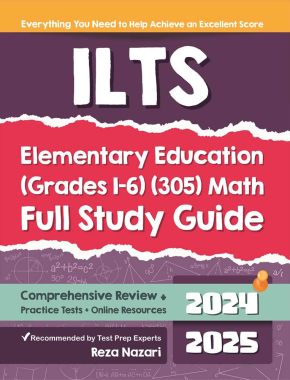
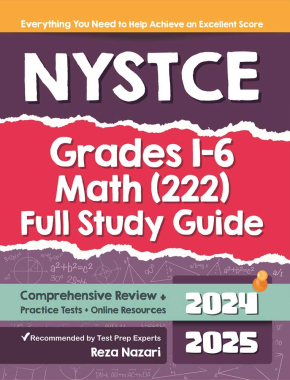
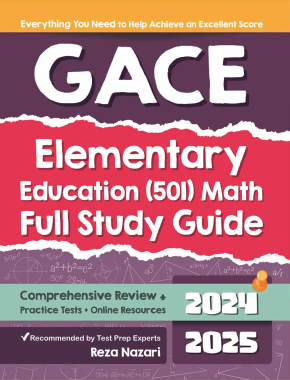
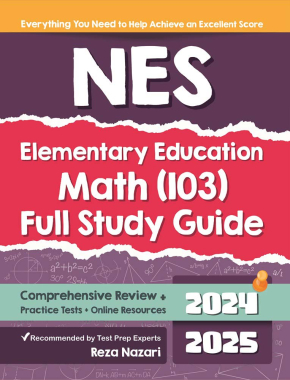

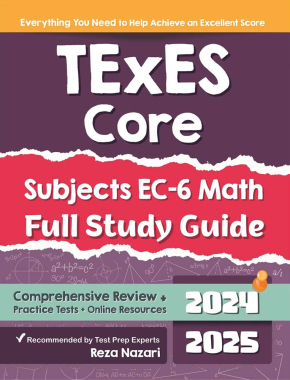
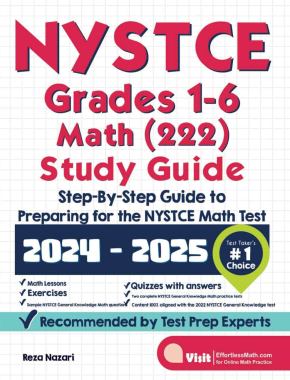


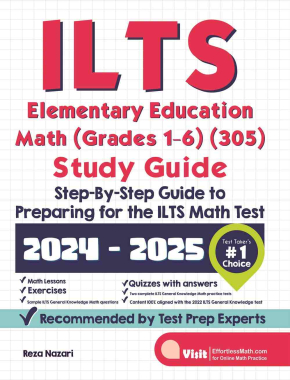
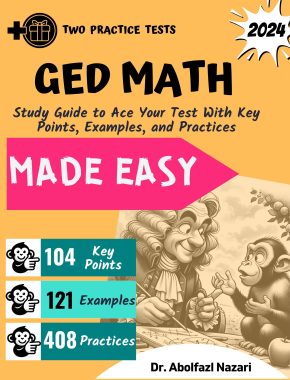
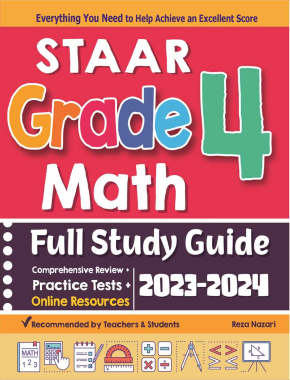
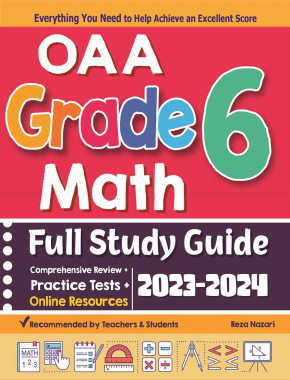
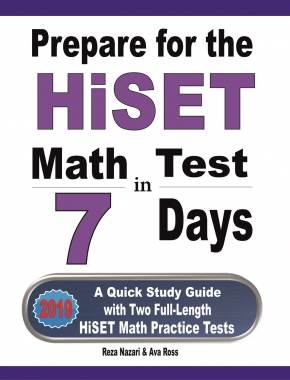



What people say about "How to Study Math Like a Pro - Effortless Math: We Help Students Learn to LOVE Mathematics"?
No one replied yet.